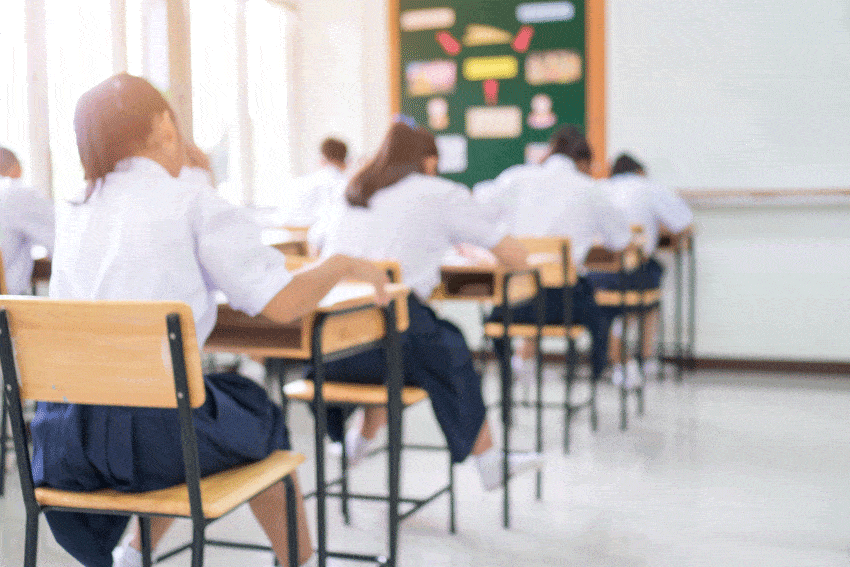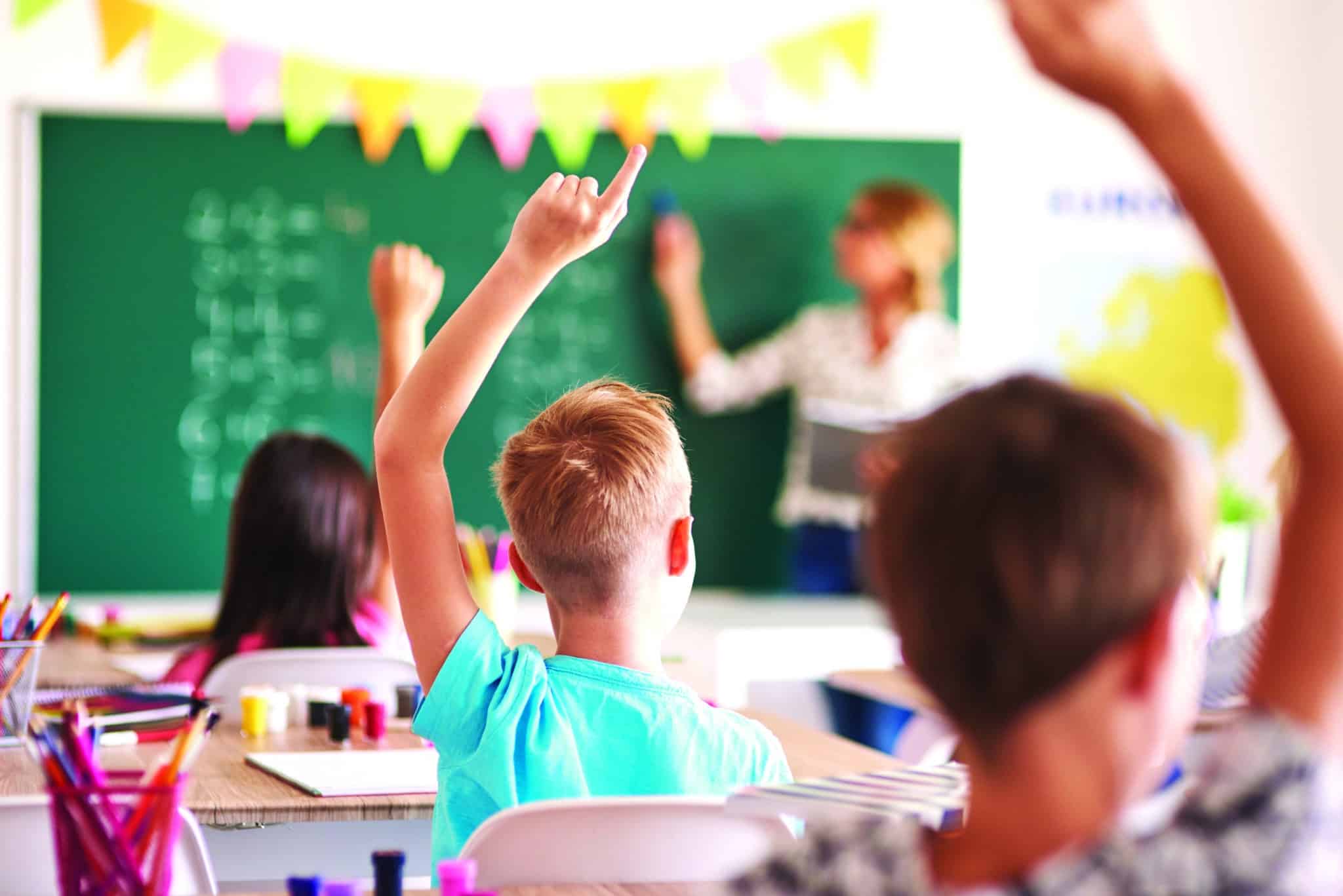
A parent from a Parramatta Catholic school shares his misgivings over his diocese’s stance on a proposed change to NSW education law
As a parent of children being educated at a systemic school within the Diocese of Parramatta, I was grateful to read Bishop Vincent’s Pastoral Letter explaining the decision of Catholic Education Diocese of Parramatta (CEDP) to oppose the proposed ‘parental rights bill’ before the NSW Legislative Council.
I appreciate the Bishop’s invitation to respectful discussion and in that spirit share my misgivings as a parent about the stance that the CEDP has taken on this Bill. I know that the Bishop recognises the good intentions of many who have an interest in this issue, including so many thousands of parents in his diocese who have chosen Catholic schools for their children.
Parenting in this cultural climate is no easy task but I am in agreement with the point made in the Pastoral Letter that our children cannot realise their Christian identity by a withdrawal from this culture, as problematic as many of its features are.
It is…important that the right of parents to be the first and best educators of their children is not only acknowledged, as I note the Parramatta submission does, but also fully and concretely supported, which I fear the submission does not.
Living our Christian life is never a matter of choosing between Jesus Christ and the world, but a matter of choosing Christ by choosing the world as it truly is in Him. In short, Christian life has a mission in and to the world that God has made.
Recent reports on the disturbing reality of sexual assault among students is just one example of the dire state of our cultural milieu to which we as Christian parents cannot be indifferent.
Significantly, these latest revelations of sexual assault and violence highlight the fact that critical conversations about our identity before God and what the human person is made for are not taking place in the family home.
It is all the more important, then, that the right of parents to be the first and best educators of their children is not only acknowledged, as I note the Parramatta submission does, but also fully and concretely supported, which I fear the submission does not. It seems essential that parents are fully aware of what is being taught in our Catholic schools, and by whom, so they can be assured that this education is consistent with the Catholic faith and the essential dignity that each person receives from God, a dignity that, as Pope John Paul II observed, transcends “every social order”.

None of this works against or precludes the pastoral care, respect, and dignity that is due to each and all children in their varying developmental needs. Indeed, from my reading of the Bill in discussion, these complementary rights appear not only to be preserved but promoted.
In discussion about the role of Catholic education on such emerging moral issues it is important that Catholic schools (as much as those of the State) do not seek to overreach or act as if they were a substitute for the formation of children by their own Catholic parents.
Their proper role, enshrined in many a school mission statement at the very least, is to serve families with transparency and accountability as a supplement to the primary responsibility of parents as the ‘evangelists’ of the ‘domestic church’.
It seems entirely reasonable that this subsidiarity also be honoured at the local level by enshrining parents’ rights to withdraw their children from discussions, lessons or experiences in a school that contradict their Catholic faith and values.
Many parents already recognise and accept the diversity of teachers we employ in our Catholic schools and know the formation of their children takes place not in an abstract ‘system’ but in the local primary or secondary classroom. It seems entirely reasonable that this subsidiarity also be honoured at the local level by enshrining parents’ rights to withdraw their children from discussions, lessons or experiences in a school that contradict their Catholic faith and values.
This is especially true when students are exposed to thinking that is more aligned with secular ideologies, as is the case with ‘gender fluidity.’
So respecting the rights of parents means not taking this role of an integral formation out of parents’ hands. It means allowing parents to choose the ultimate good for their children and allowing them to search for that goodness and truth with a clear foundation in God’s plan for every human person, a plan that should not be marginalised from our Catholic schools.
Related:
